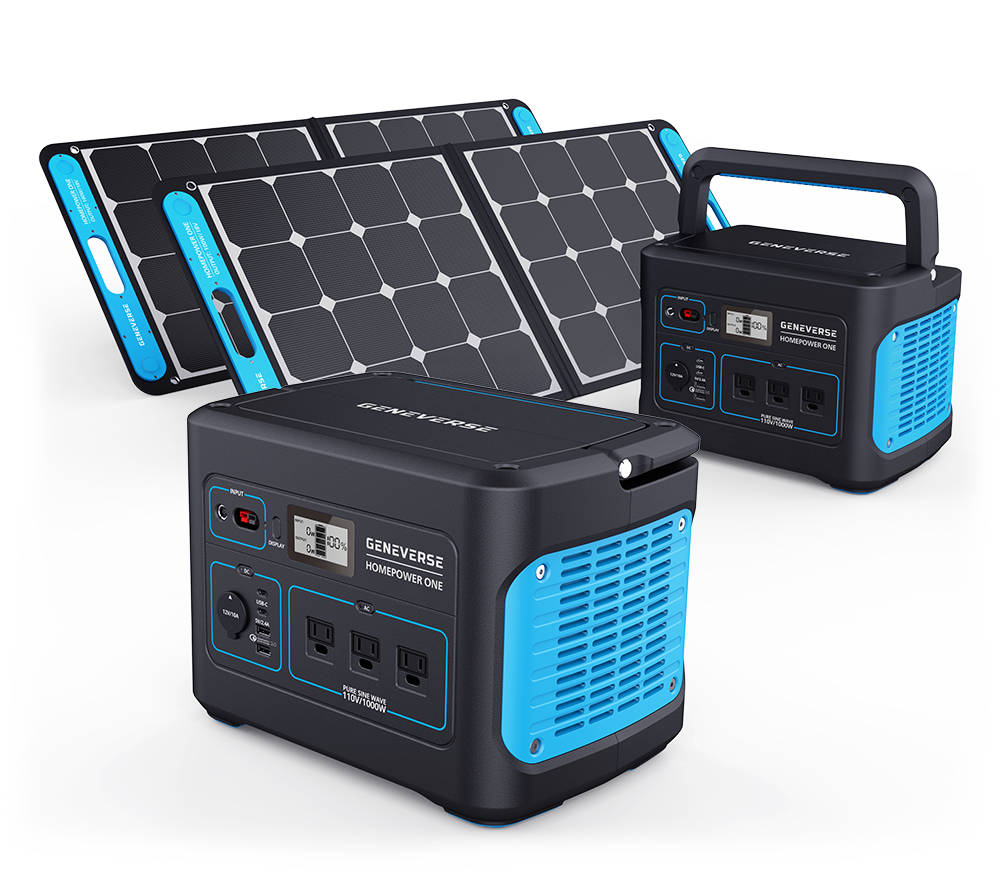Getting paid or getting credit for solar energy produced doesn’t have to be rocket science. Solar power owners can likely take advantage of net metering or other state incentives, many of which involve sending electricity that isn’t being used back to the grid. Usually utility companies offer a credit for this excess energy.

Below, Geneverse continues our blog series discussing how to set up net metering in the United States – state-by-state. This blog covers Indiana through Montana.
Indiana
Net metering expired in Indiana back in 2022. Despite this, solar owners who completed installation prior to that can still get net metering credits until the year 2047. The Indiana Utility Regulatory Commission (IURC) has set lower credit rates for excess solar electricity generated, a rate significantly lower than the original 1-to-1 credit previously provided.
Iowa
To set up net metering in Iowa, you have to connect your solar PV system to your utility grid. The utility company in question will need to provide an approval, ensuring that your energy system complies with safety and technical specifications. Working with an experienced solar installation company will help ensure a smooth process.
Kansas
Net metering for solar in Kansas entails contacting your local electric cooperative (or municipal electric provider). For instance, Evergy works with solar installers and self-installers to connect a variety of solar arrays to the grid. Customers will have to fill out an online application and pass an initial application review in addition to an engineering review.
Kentucky
In Kentucky you will have to submit an Application for Interconnection and Net Metering to the utility company that services your Kentucky residence. For instance, Kentucky Power requires an inverter certification document, a site diagram, and an electrical one line diagram along with the application.
Nolin RECC requires completion and approval for the Net Metering Tariff before you begin the installation process. Please note that net metering installations will be limited to 45 kW.
Louisiana
Net metering in Louisiana entails meeting the requirements which are outlined in the Louisiana Public Service Commission's (LPSC) General Order of September 19, 2019. This is also known as the "Distributed Generation Rules".
First, you’ll have to submit an interconnection request. Customers pay the full retail rate for all energy that is purchased from the utility. Customers will pay a zero rate for all energy that is self-generated through solar and consumed by the household. Customers will also receive credit at Avoided Cost for the energy that they sell back to the utility company.

Maine
Net metering customers in Maine must apply for net energy billing with Central Maine Power (CMP) by submitting a net energy billing application and an interconnection agreement application.
Maryland
Maryland solar owners can apply to local utility companies to participate in net metering. It’s likely you’ll have to provide relevant information about your renewable energy system. This might include size, capacity, as well as location. Maryland also requires any equipment used in a net metered system (for instance, a rooftop solar array) to meet certain safety and performance specifications.
Massachusetts
If you’re looking to set up net metering in Massachusetts, you have to be a customer of a regulated utility company such as Eversource, National Grid, or Unitil. You’ll also have to interconnect solar panels to the electric grid in addition to installing a bi-directional electric meter.
Michigan
Michigan utility companies are no longer offering net metering for customers who have newly installed solar energy systems. The state does have a Distributed Generation program which can be used to compensate solar owners for their excess solar energy when they contribute it to the grid.
Customers who enrolled in the net metering program before 2018 can still enjoy current program terms for the next 10 years.
Minnesota
Set up net metering for solar in Minnesota by connecting with a local solar installer. You will have to submit an interconnection request to the applicable utility company. Rules for net metering may vary by provider.
Mississippi
Mississippi has Distributed Generation Rules which provide solar owners with credits for electricity sent back to the grid.
Signing up for the program is simple. Entergy Mississippi provides an Interconnection Application and Agreement that will need to be completed. Entergy will also provide/install a two-way meter to track energy produced and energy consumed.
Missouri
Missouri requires utility providers to offer net metering to customers who have small-scale renewable energy systems. Solar owners are required to have a renewable energy generator of no more than 100 kilowatts. Solar energy systems must meet specified safety codes. Solar owners are also required to be certified by the Institute of Electrical and Electronic Engineers and the Underwriters Laboratory.
Montana
Montana residents can set up net metering by contacting a local electric energy provider to inquire about net metering policies. For instance, NorthWestern Energy requests a net meter to be installed, which will measure the difference between energy produced versus energy consumed.
Check Out Part 3 Next Week!

Part 3 of our blog series covering net metering for each state will include Nebraska through Pennsylvania.
Geneverse is excited to provide the PowerPillar ESS to our valued customers, which can be paired with net metering to help you save big on your electricity bill. Contact us today to learn more about how we can help you reduce your reliance on the grid.
About Geneverse: Geneverse is the most reliable and cost-efficient source for solar energy. Our PowerPillar ESS integrates solar power, battery storage, not to mention grid and generator power sources that help our customers get the most out of their energy storage investment – all at the most competitive pricing on the market. We craft complete home energy systems that power energy independence rain or shine in addition to portable solar products that provide decentralized power during emergencies and unforeseen circumstances. Learn more about Geneverse and how we can bring protection and security to your family/household by visiting our website today.




Leave a comment (all fields required)